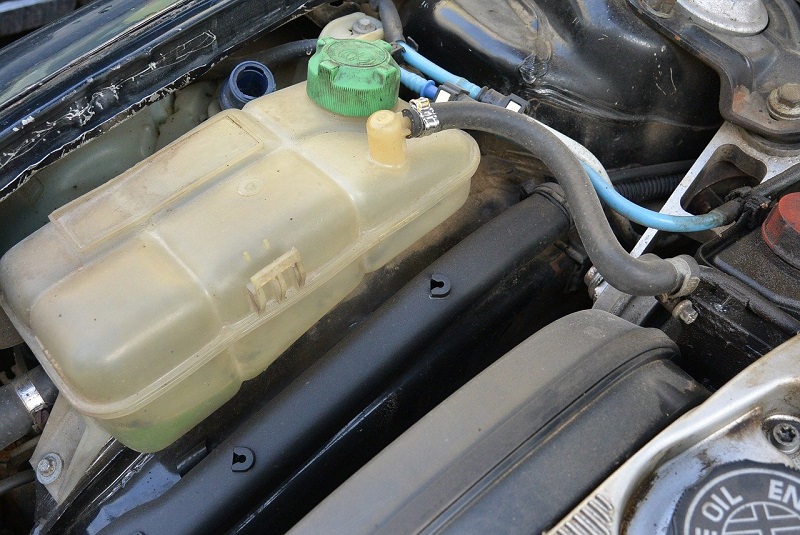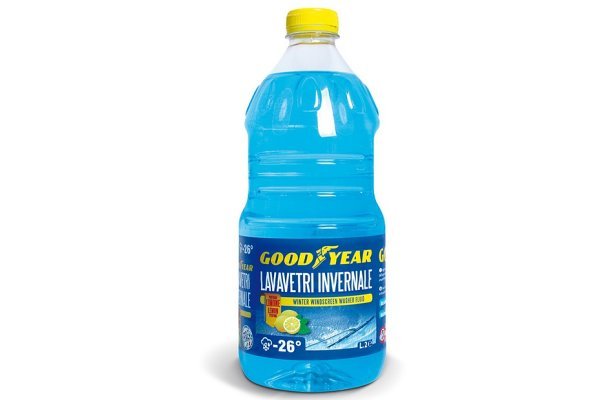
How to Pick the Suitable Car Coolant
Extreme cold during winter can freeze up or even crack your engine block. Coolant can prevent freezing and overheating alike. True to its name, the engine coolant or also known as antifreeze doesn’t freeze when temperatures reach sub-zero.
Engine coolant also contains ingredients that can help prevent the corrosion of the engine parts of your car. There are different varieties of engine coolant although the basic ingredients still include water and propylene or ethylene glycol.

The radiator of your car features a reservoir responsible for engine coolant storage. It is from this reservoir that the coolant flows into then circulates through the engine block to protect your vehicle from extreme cold and heat.
The coolant system basically works as simple loop. The pump sends engine coolant to the engine block when your car is running. Starting from there, the coolant runs to the car radiator or also known as the heat exchanger then back again to the pump. During the initial start of your vehicle where you let the engine warm up, the radiator will be bypassed by the coolant. Once your vehicle heats up, the coolant flows through the radiator with the help of the coolant system valve.
Table of Contents
What Makes Up a Good Quality Engine Coolant?
The most effective coolant can prevent the engine of your car from overheating and freezing. This can also keep your engine protected from corrosive elements and boost its performance. The following are the ingredients that make up a high-performing car coolant.
Water
Around 50% water makes up most engine coolants. There is no water content in straight antifreeze. Adding some water to the antifreeze according to the instructions of the manufacturer can create a coolant. There are car owners who choose this DIY technique but there are others who opt to buy premixed coolants instead.
Propylene Glycol
There are also engine coolants (see more at Silux webshop) that don’t use ethylene glycol but go for propylene glycol instead. Propylene glycol is found to be more viscose and this means that ethylene glycol has the tendency to have a more efficient or effective heat transfer. The fact that propylene glycol is less toxic when ingested is the reason why it is a more popular choice among vehicle owners with kids and pets.




